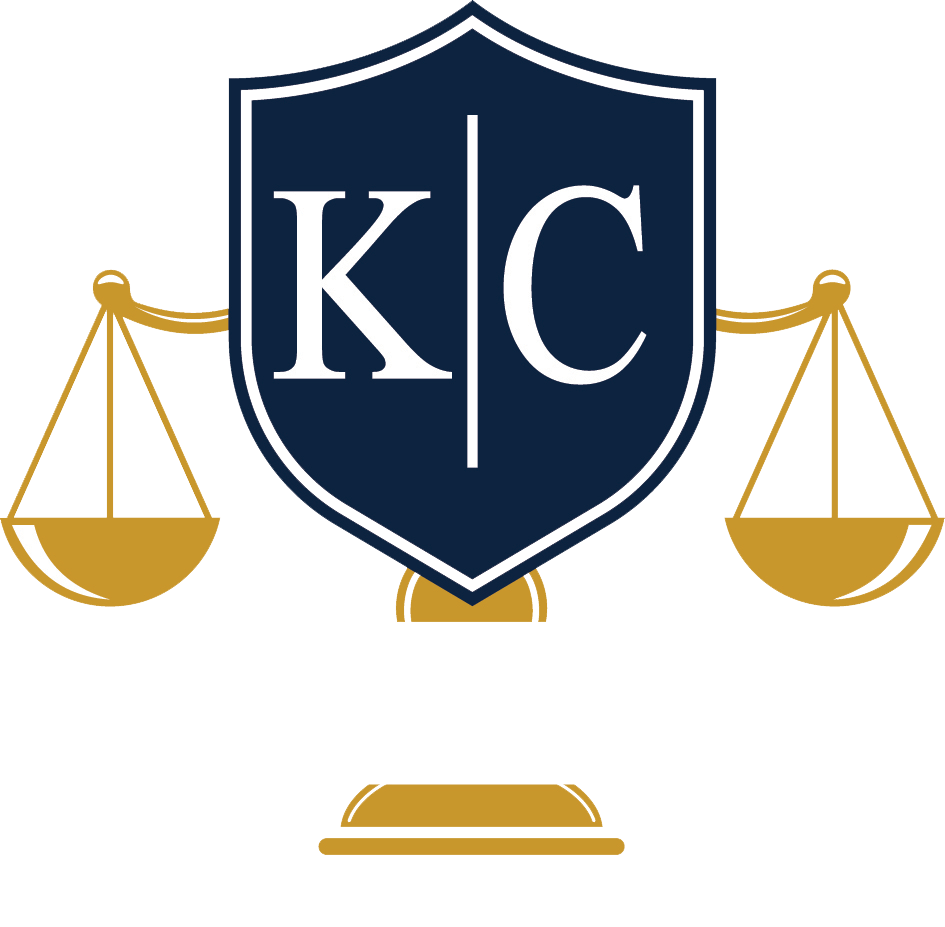Problem Solvers.
Collaborative Divorce
The divorce process can, in many cases, be amicable and conflict-free. Accomplishing that goal requires a level of trust and respect for one another, as well as a willingness to compromise and make sacrifices in order to reach a resolution that meets the needs of all parties. Collaborative law is one of many options couples have to approach the divorce process without the necessity of litigation.
In a collaborative divorce, each party hires an attorney to represent his or her own, individual interests. In the process, the parties exchange information voluntarily and participate in a series of settlement meetings in an attempt to reach an agreement on all issues. The intention behind the collaborative model is that the parties determine the agenda and retain control over their divorce. The process requires complete cooperation on both sides, and is only successful when that is the case.
The collaborative law process is not limited to meetings between the parties and their attorneys. In many cases, an entire team of collaborative professionals works together toward the ultimate goal of settlement. In addition to an attorney who is experienced in the area of family law, there often are mental health professionals to coach the parties in the process, child and parenting specialists, as well as financial experts. If the process is successful, the attorneys are able to formalize the agreements and finalize the procedural process with the courts.
The biggest benefits to the collaborative law process are that it is the priority of the attorneys to help the parties reach a resolution, and there is willingness to compromise (at least ostensibly) on both sides. Although these are both good things, they are not unique to the collaborative law process. Many couples are able to reach agreements by utilizing mediation and seeking the advice of skilled family law attorneys, like those at Kollias & Conner, P.C., who act with the best interests of their clients at heart.
Although the collaborative divorce process has grown in popularity over the years, it is not free from serious drawbacks. One downside to the collaborative process is that if it is not successful, the attorneys who were involved are contractually obligated to withdraw from the case if it becomes contested. In that case, the client is often left without his or her first choice of attorneys, and must hire new counsel to handle the case in court. If this happens, the process can become more drawn out and more expensive. Moreover, the collaborative process has been criticized for its perceived over-reliance upon expensive experts to deal with routine questions, which most people can easily answer based upon their own experiences and a little bit of common sense.
If your goal is to resolve your divorce case in a non-adversarial way, you should seek the advice of an attorney to identify your goals and determine the best strategy to achieve them with a minimum of conflict. The attorneys at Kollias & Conner, P.C. not only have the finesse to settle cases when possible, they also have the litigation skills to aggressively represent clients in court when necessary.







